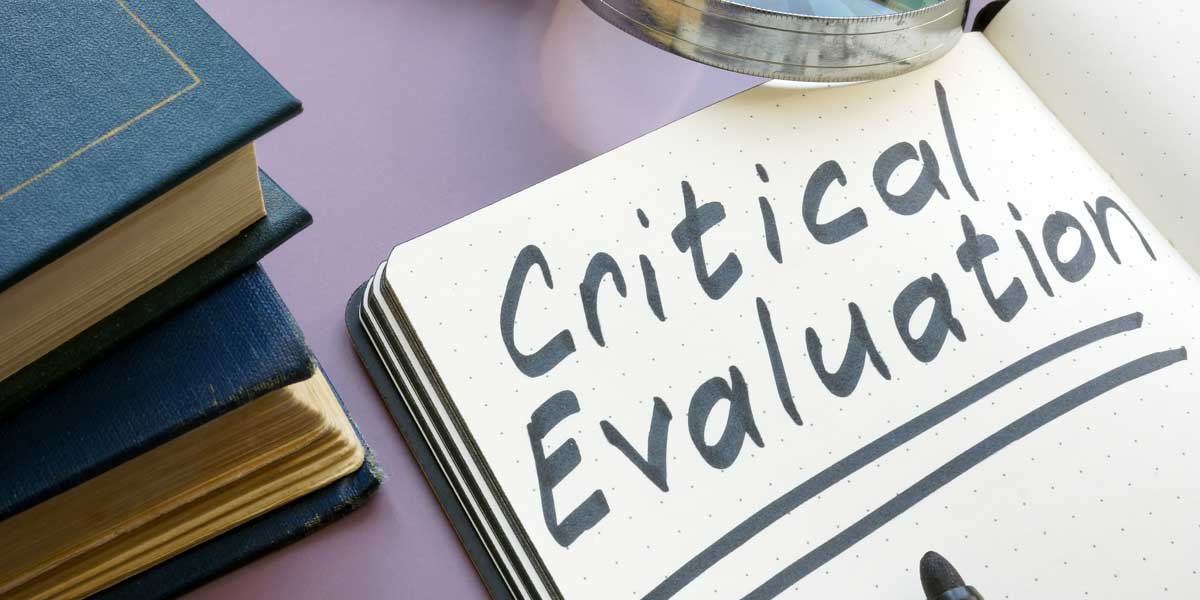How to Critically Review a Scientific Manuscript
Course Content
What Critical Review Means
Analyzing Titles and Abstracts
Reviewing the Results
Coming to Conclusions
Taking and organizing notes
Join Us
Sign up for our feature-packed newsletter today to ensure you get the latest expert help and advice to level up your lab work.

Reading a research paper should involve more than just reading it from top to bottom and taking the conclusions at face value.
To read a paper effectively, you must assess the methods and scrutinize the results. Then you can determine the conclusions and evaluate if the data supports what the author is saying.
Developing your critical analysis skills will certainly help your ability to read and digest the latest literature, but it has benefits far beyond that.
Learning to scrutinize others’ work will help you assess and improve your research, enhance your experimental design choices, and make you an overall better scientist.
Like any skill, the ability to critically review an article must be practiced regularly to keep it strong.
Whether you are just starting in your scientific career or have read (and reviewed) hundred of papers, this course can help you strengthen your critical analysis skills.
We recommend you retake the course regularly (say once a year) to ensure your deduction skills stay sharp.
What will you learn in this course?

The eBook with top tips from our Researcher community.